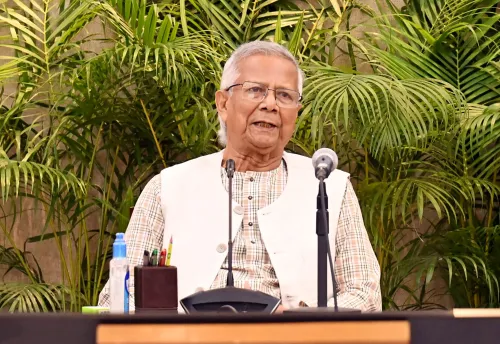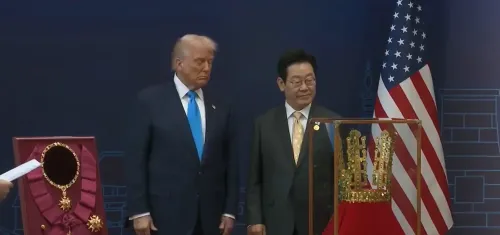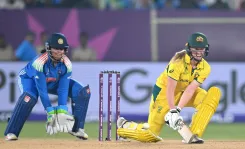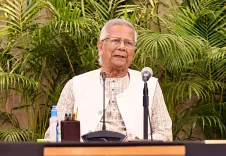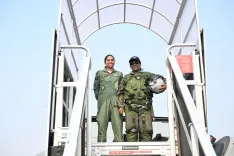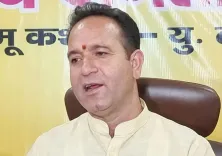Is India Leading the Charge for Accountability in Peacekeeper Attacks?
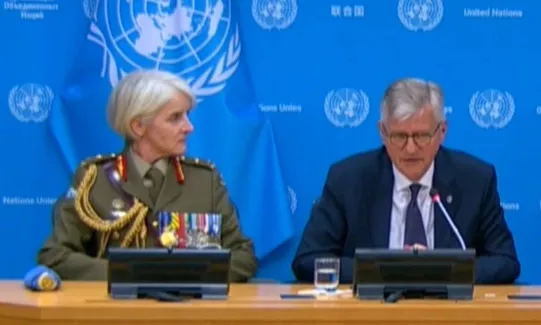
Synopsis
Key Takeaways
- India's significant leadership in peacekeeping efforts.
- Establishment of a Group of Friends for accountability.
- Emphasis on increasing women's representation in peacekeeping.
- UN resolution advocating for investigations into peacekeeper attacks.
- Historical contributions of women, including the first all-women FPU.
United Nations, May 30 (NationPress) India is pivotal in global peacekeeping efforts, actively championing the initiative to hold accountable those who perpetrate crimes against peacekeepers, stated Jean-Pierre Lacroix, the Under-Secretary-General for Peace Operations.
He emphasized that India's leadership in ensuring accountability for crimes against peacekeepers represents a significant contribution to the peacekeeping mission beyond merely supplying troops and police forces.
India currently heads the 39-member Group of Friends for Promoting Accountability for Crimes Against Peacekeepers, which it established in 2022. This same year, India successfully advocated for a resolution within the Security Council that urged nations hosting peacekeeping missions to actively investigate and prosecute attacks on peacekeepers, provide necessary support to combat impunity, and establish a UN database to track such incidents.
As of this year, five peacekeepers have tragically lost their lives due to attacks.
While in New Delhi for the inaugural Conference for Women Peacekeepers organized by India, Lacroix expressed that the UN is not only focused on increasing the number of women peacekeepers but also aims to elevate more of them into leadership roles.
He stated, “We aspire to have more senior female generals applying for positions such as Force Commanders,” to enhance their representation.
Lacroix described this as an ongoing effort and highlighted the presence of Major General Cheryl Ann Pearce, a military advisor for the Department of Peace Operations, who was in attendance.
Furthermore, he noted that empowering women in leadership positions contributes to a more effective peacekeeping strategy.
Out of the 5,375 Indian blue helmets currently serving under the UN flag, only 151 are women. India was also the first to deploy an all-women Formed Police Unit (FPU) to a UN mission in 2007 in Liberia. Additionally, Kiran Bedi made history in 2003 as the first woman to serve as the UN's civilian police advisor.

